Teaching your child good hygiene habits is essential for their health and well-being. It’s important to start early so that these habits become a natural part of their daily routine. Good hygiene not only keeps them healthy but also boosts their confidence and helps them feel good about themselves. Here are some simple and effective ways to help your child develop good hygiene habits.
1. Lead by Example
Children learn a lot by watching their parents. If you practice good hygiene, your child is more likely to do the same. Let them see you brushing your teeth, washing your hands, and taking regular showers. Explain what you are doing and why it’s important.
2. Make Hand washing Fun
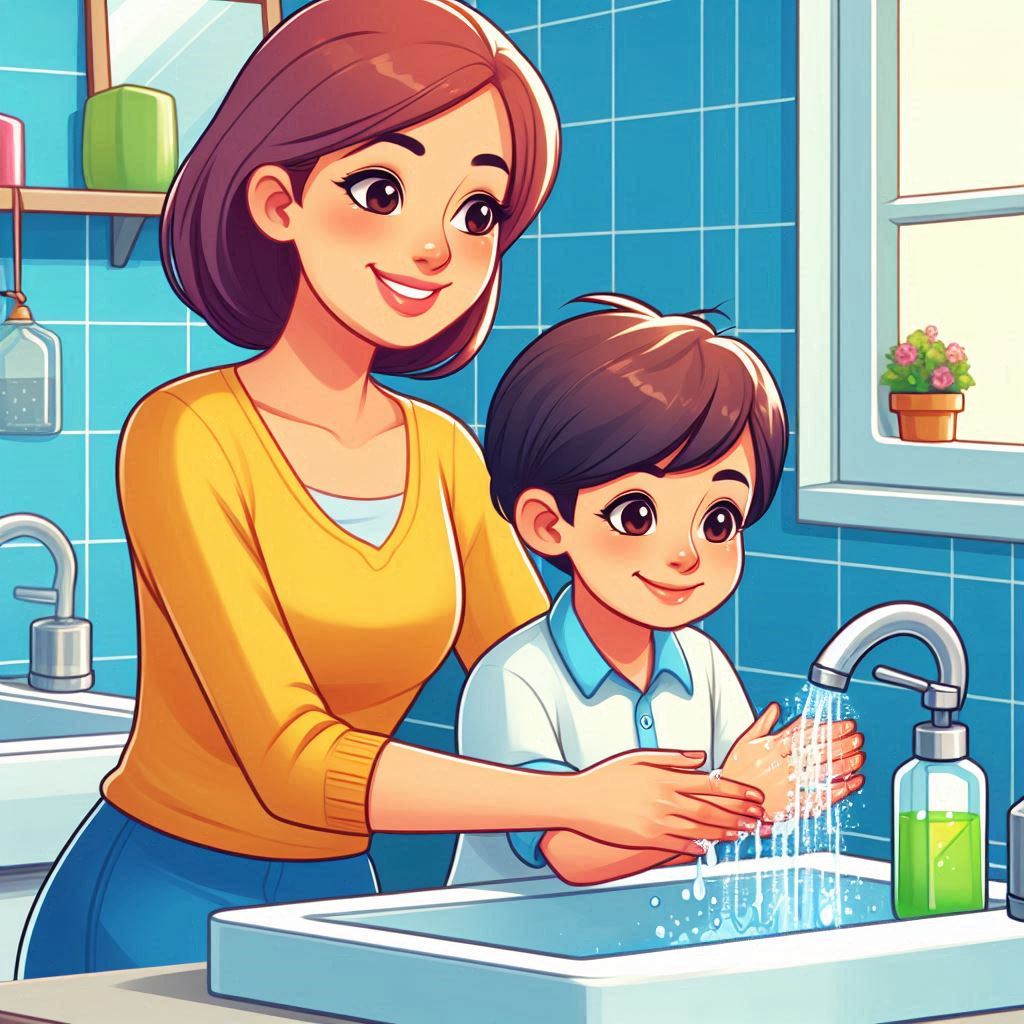
Hand washing is one of the most important hygiene habits. Teach your child to wash their hands before eating, after using the bathroom, and after playing outside. Make it fun by using colorful soaps or singing a short song while washing hands. The song should last about 20 seconds, which is the recommended time for effective hand washing.
3. Teach Proper Tooth brushing

Brushing teeth is crucial for preventing cavities and keeping gums healthy. Show your child how to brush their teeth properly:
- Use a pea-sized amount of toothpaste.
- Brush for at least two minutes.
- Brush all surfaces of the teeth, including the back ones.
- Brush the tongue to remove bacteria and freshen breath.
You can use a timer or a fun tooth brushing app to make sure they brush for the full two minutes.
4. Bathing and Showering

Explain to your child why it’s important to bath or shower regularly. Teach them how to wash their body properly, including:
- Using soap to clean all parts of the body.
- Rinsing off all the soap.
- Washing their hair with shampoo and rinsing it thoroughly.
Make bath time fun with bubbles, bath toys, or special bath crayons that they can use to draw on the bathtub walls.
5. Hair Care
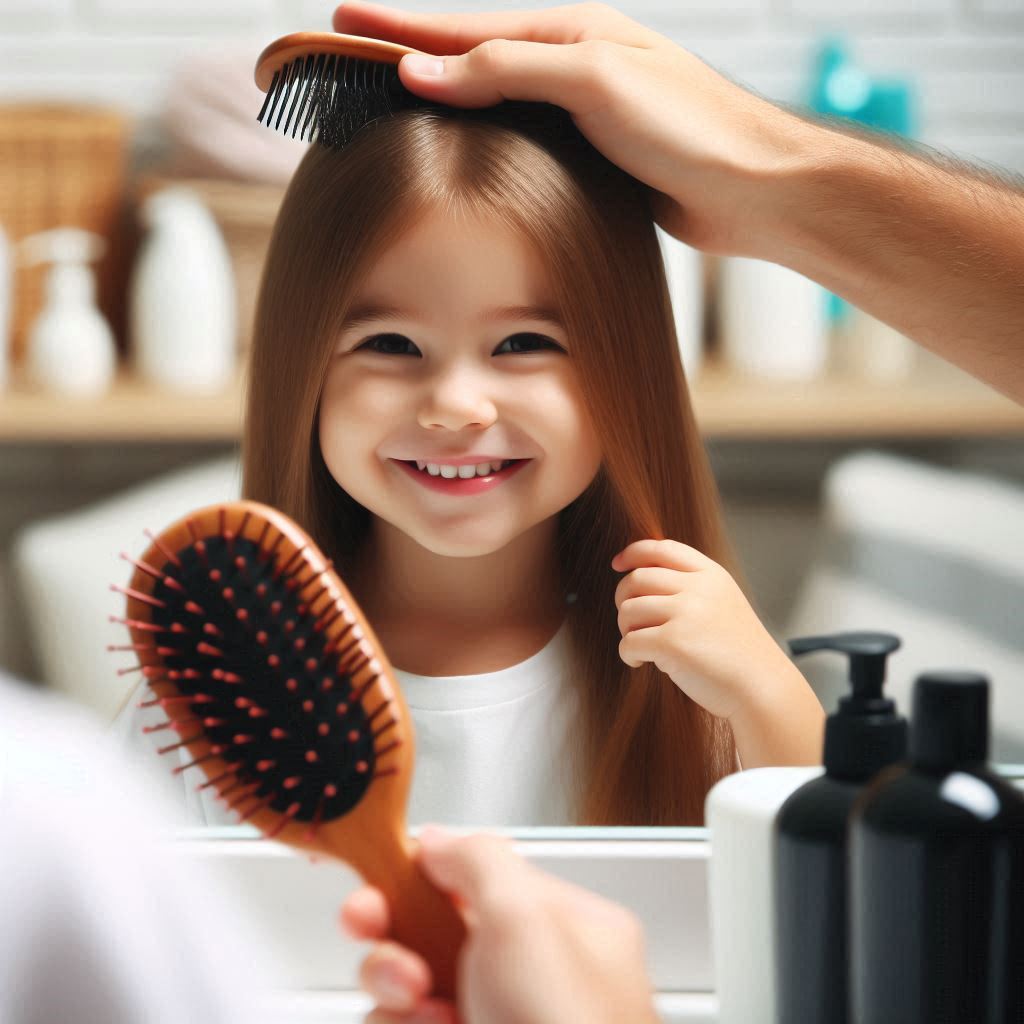
Show your child how to take care of their hair. Teach them to:
- Brush or comb their hair daily to keep it neat and tangle-free.
- Wash their hair with shampoo and conditioner as needed.
Explain that taking care of their hair helps it stay healthy and look nice.
6. Nail Care

Keeping nails clean and trimmed helps prevent dirt and germs from getting trapped under the nails. Show your child how to:
- Wash their hands and nails with soap and water.
- Use a nail brush to clean under the nails.
- Trim their nails regularly to keep them short and neat.
You can also make nail trimming a regular part of your routine, like after a bath when nails are softer and easier to cut.
7. Clean Clothes

Wearing clean clothes is important for good hygiene. Teach your child to:
- Change their clothes every day.
- Put dirty clothes in the laundry basket.
- Wear clean underwear and socks daily.
You can help them pick out their clothes and make sure they understand why it’s important to wear clean clothes.
8. Sneezing and Coughing Etiquette
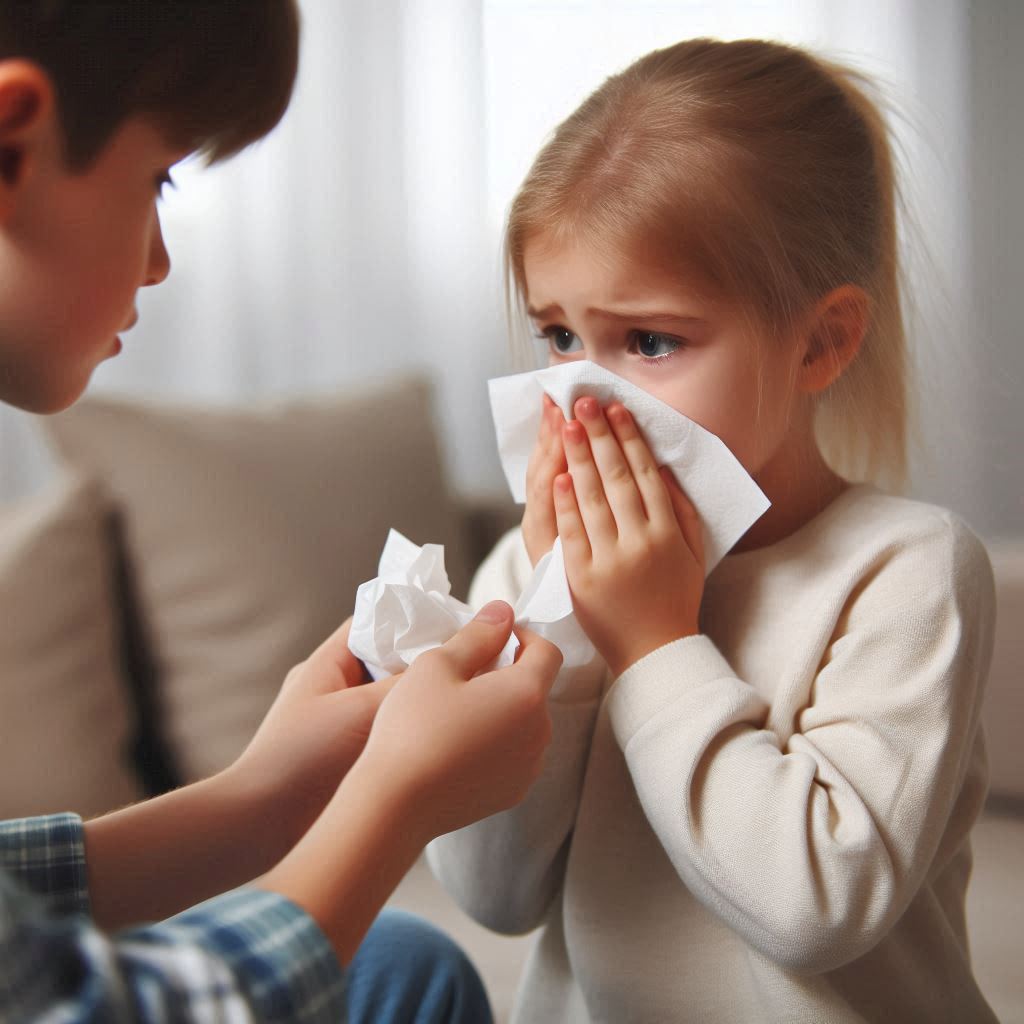
Teach your child how to sneeze and cough properly to prevent spreading germs. Show them how to:
- Use a tissue to cover their mouth and nose.
- Cough or sneeze into their elbow if they don’t have a tissue.
- Wash their hands after sneezing or coughing.
9. Healthy Eating Habits

Good hygiene also includes healthy eating habits. Encourage your child to:
- Eat a balanced diet with plenty of fruits and vegetables.
- Drink lots of water.
- Avoid sugary snacks and drinks.
Explain how healthy foods help their body grow strong and keep them feeling good.
10. Reward and Praise
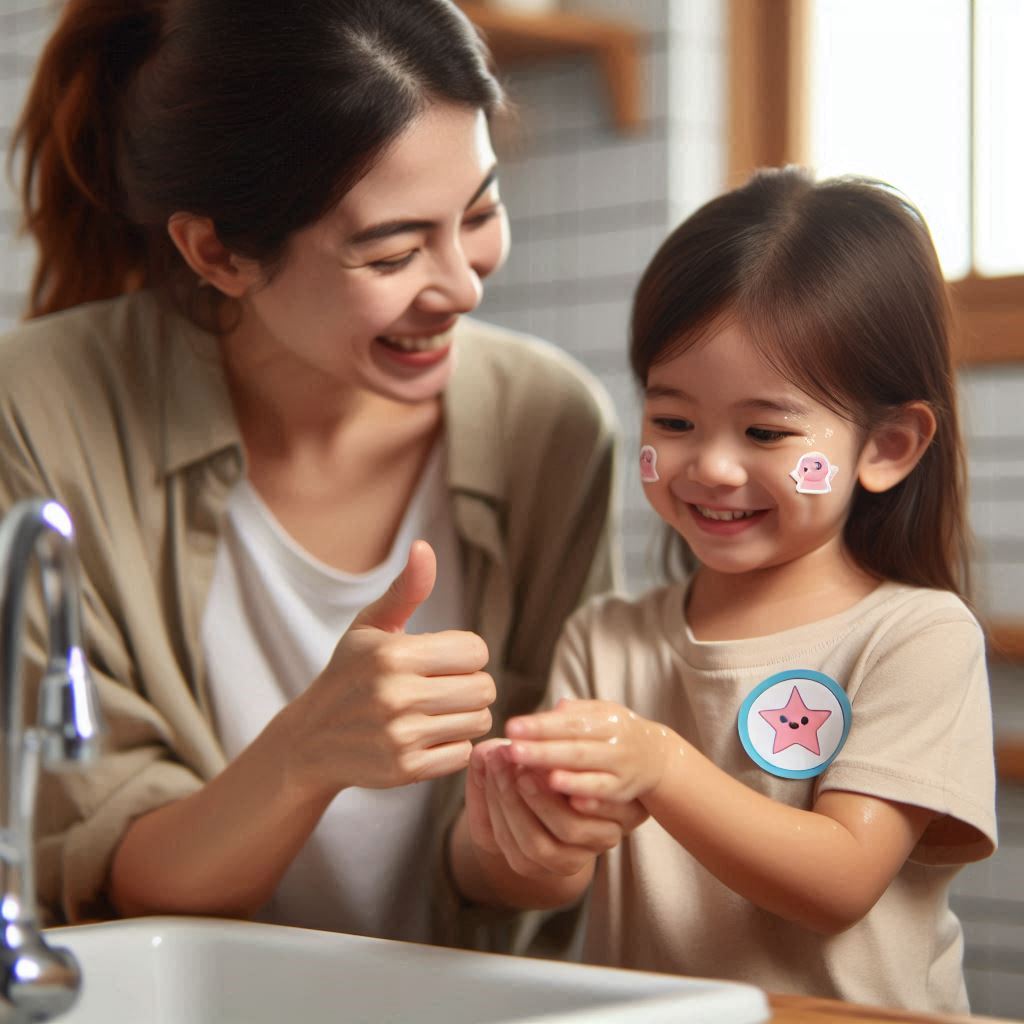
Positive reinforcement is a great way to encourage good hygiene habits. Praise your child when they remember to wash their hands, brush their teeth, or take a bath. You can also use a reward system, like a sticker chart, to motivate them.
11. Be Patient and Consistent
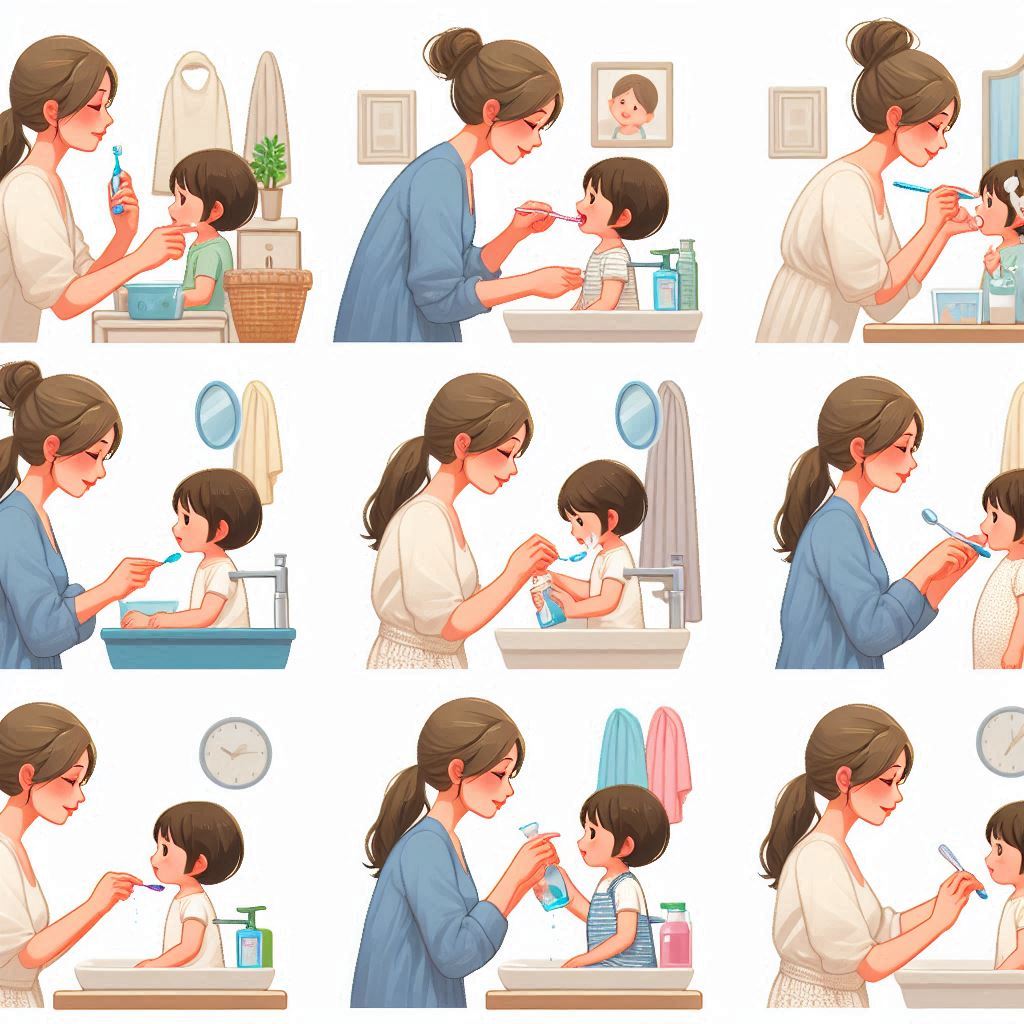
Learning new habits takes time. Be patient and consistent with your child. Remind them gently if they forget to wash their hands or brush their teeth. Make hygiene a part of their daily routine, and eventually, it will become second nature to them.
12. Explain the Importance
Sometimes, children need to understand why they need to practice good hygiene. Explain in simple terms how germs can make them sick and how good hygiene helps keep them healthy. Use books or videos designed for children to make the information more engaging.
Conclusion
Helping your child develop good hygiene habits is an important part of parenting. By making hygiene fun, leading by example, and being consistent, you can help your child learn these essential skills. Good hygiene habits will not only keep them healthy but also boost their confidence and help them feel good about themselves. Start teaching these habits early, and your child will carry them into adulthood.
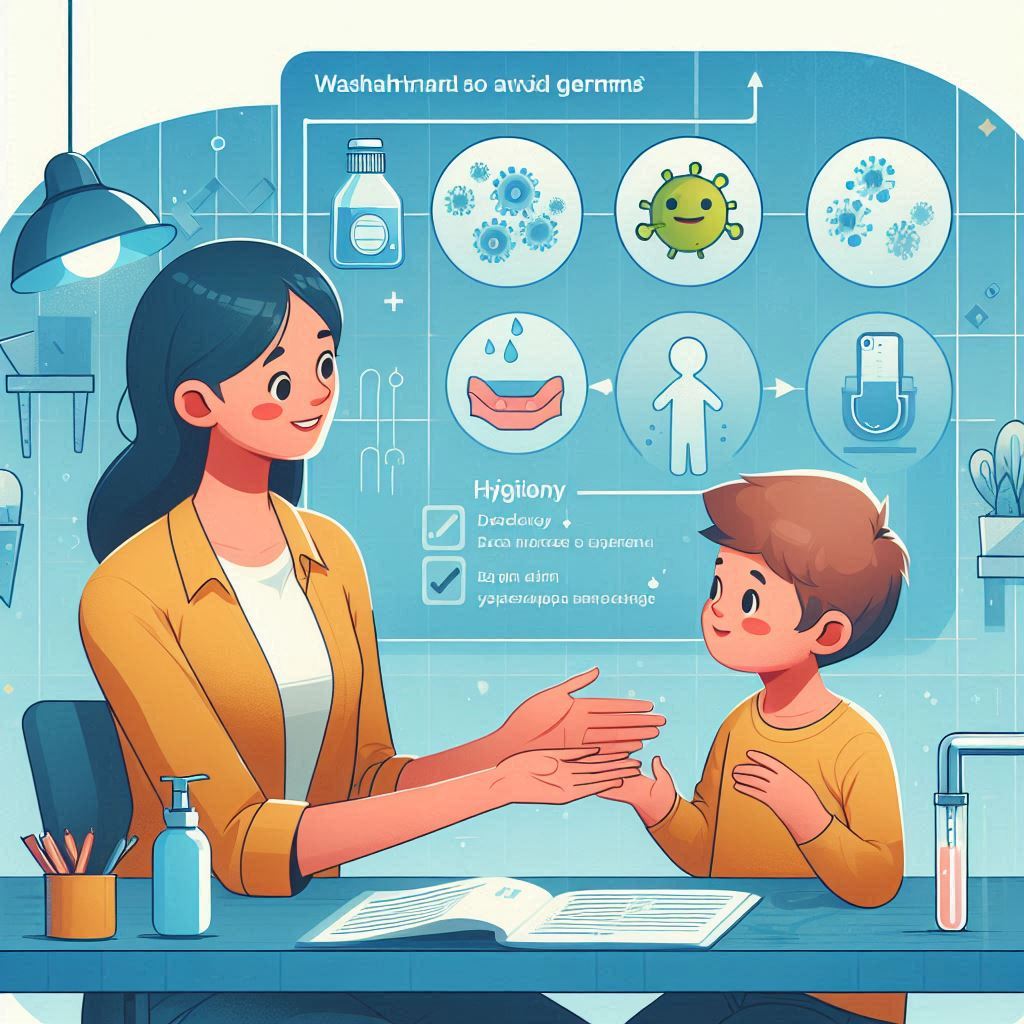

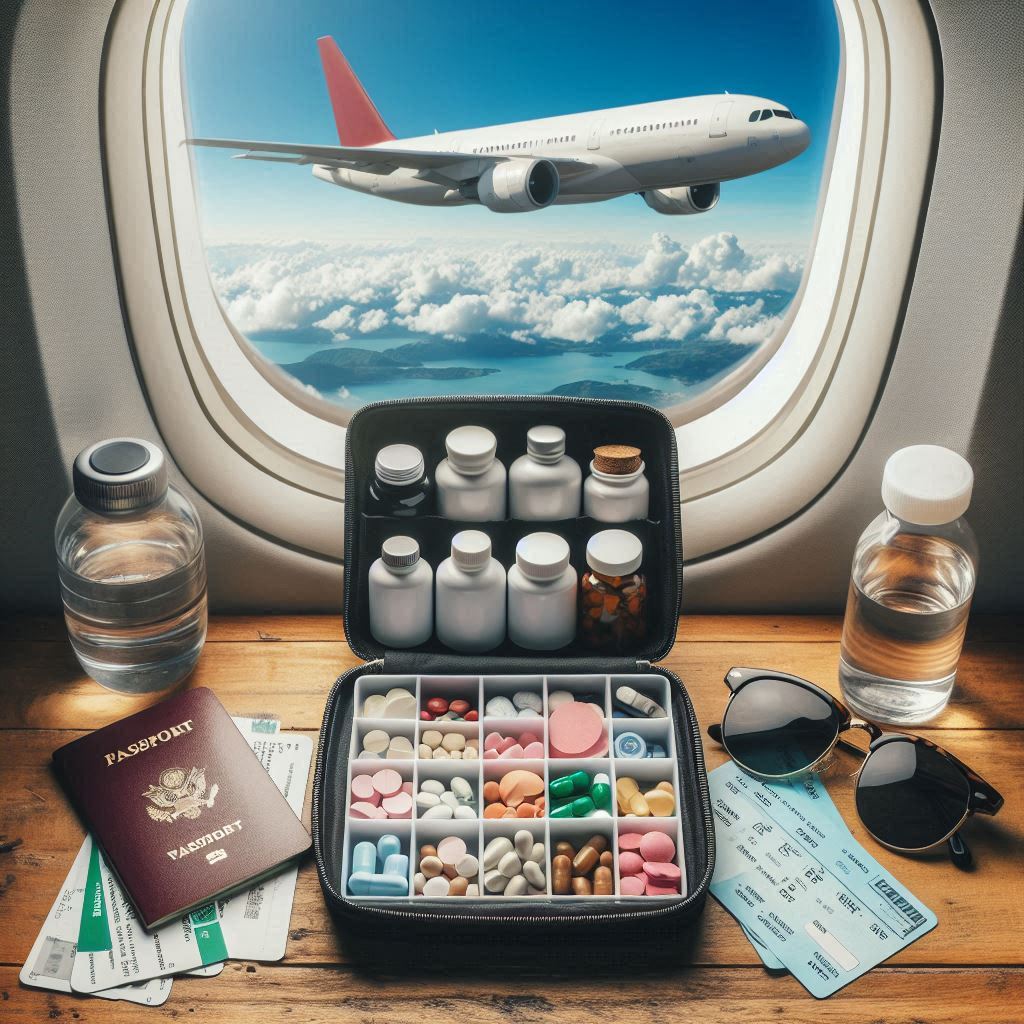






Leave a Reply